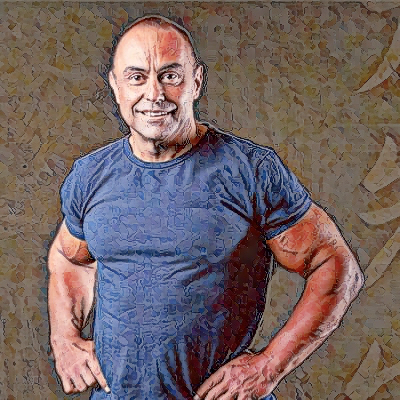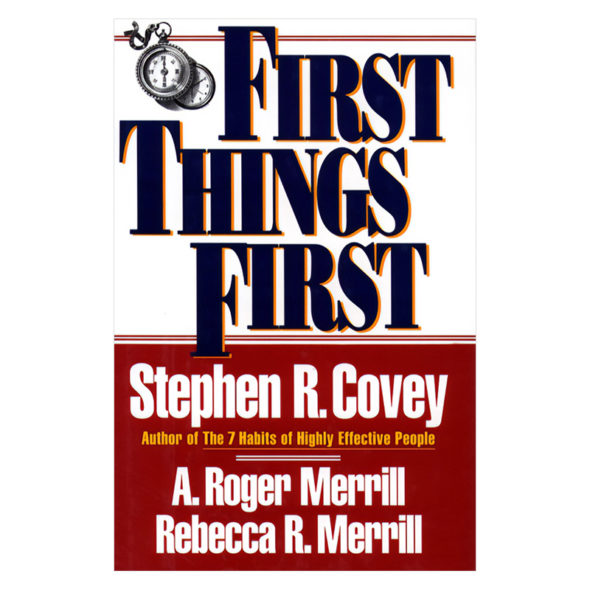STRENGTH SENSEI BOOKSHELF
First Things First
A look at Charles R. Poliquin’s favorite time-management book
During his seminars, the Strength Sensei would reveal his remarkable daily schedule. Every minute was planned and accounted for to enable him to succeed as a strength coach, teacher, athlete, and father. His approach to time management is revealed in Stephen R. Covey’s breakaway bestseller First Things First.
Covey is one of the most successful authors in the fields of business and personal growth, being named “TIME Magazine’s 25 Most Influential Americans.” His book The 7 Habits of Highly Effective People sold over 20 million copies. First Things First was published in 1996 and became a bestseller in three major categories: Time Management, Entrepreneurship, and Self-Esteem.
Be warned: Covey’s book is 384 pages, and like many self-help books, contains a considerable amount of self-promotion about how you made such a wise investment in purchasing it. It’s also a bit hard to follow, as it only contains these four chapters:

- The Clock and the Compass
- The Main Thing is To Keep the Main Thing The Main Thing
- The Synergy Of Interdependence
- The Power And Peace Of Principle-Centered Living
If marathon reading sessions are not blocked out in your schedule (as they were with the Strength Sensei) and you don’t like pausing books mid-chapter, consider there is also an audiobook edition. So, if you have a long drive to work, you can get a head start on adopting a time management lifestyle by doing two things at once!
As with many self-help books, Covey uses an emotional writing style that may have the reader wondering what the heck he is talking about. Consider this gem where Covey defines quality of life: “It’s also the humility to recognize that quality of life is not “me,” it’s “us” – that we live in an interdepended reality of abundance and potential that can only be realized when we interact with others in fully authentic, synergistic ways.” Ah, sure.
What distinguishes First Things First from other time management books is that it uses a “principle-centered approach.” Covey explains that time management had a three-stage evolution:
- Notes and Lists
- Planning
- Priorities
He points out the drawbacks of each approach and then offers a fourth stage where you plan your day by doing what is most important to you rather than doing what is urgent.

From here, Covey helps you zero in on what is important. For example, he starts by discussing the four basic human needs: Physical, Social, Mental, and Spiritual. Then he will help you develop a personal mission statement to help you distinguish between activities that are “urgent” and “important” so you can best plan your day.
The Strength Sensei was a voracious reader who consumed hundreds of books a year, but he only endorsed books he believed would help his students and clients. In the field of time management, at the top of his list was Stephen R. Covey’s First Things First. (TSS)
[You can purchase Stephen R. Covey’s First Things First in hardback, paperback, Kindle, and audiobook formats through Amazon.com.]
